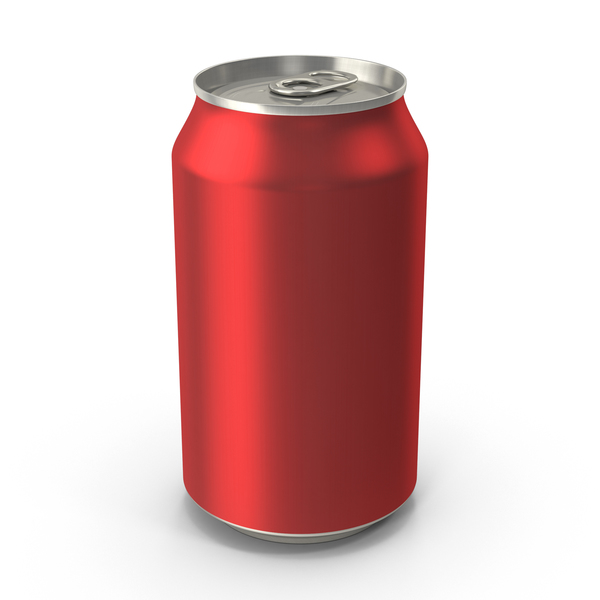Table of Contents
ToggleThe Truth About Soda and Sugary Drinks for Kids
Let’s take a look at some of the dangers of soda for kids. In today’s fast-paced world, it’s easy to hand kids a juice box, sports drink, or soda as a quick refreshment. But have you ever stopped to consider what these beverages are doing to their growing bodies?
From weight gain to behavioral problems, sugary drinks are far from harmless. Studies show that children who regularly consume these beverages face an increased risk of serious health conditions—including some that can persist into adulthood.
Let’s take a closer look at the hidden dangers of soda and other processed drinks for kids, plus healthier alternatives to keep your little ones happy and hydrated.
1. Obesity and Unhealthy Weight Gain
Sugary drinks are packed with empty calories but offer no real nutrition. Regular consumption leads to excessive weight gain, which is a growing problem among children.
Obesity is linked to several health concerns, including:
- Heart disease
- High blood pressure
- Joint problems
- Non-alcoholic fatty liver disease
Instead of soda, encourage kids to drink water or homemade fruit-infused water for a tasty but healthy alternative.
2. Increased Risk of Type 2 Diabetes
Did you know that just one sugary drink a day can significantly increase a child’s risk of developing type 2 diabetes? These drinks cause blood sugar spikes, making the body less responsive to insulin over time.
The result? An increased risk of insulin resistance, which can eventually lead to diabetes. To avoid this, choose drinks with natural sugars from whole fruits instead.
3. Tooth Decay and Cavities
Sugary beverages create the perfect environment for bacteria to thrive in the mouth. These bacteria feed on sugar, producing acids that erode enamel and lead to painful cavities.
Sodas are especially harmful because they are not only high in sugar but also acidic, further damaging young teeth.
What to do instead? Swap out soda for unsweetened herbal teas or your favorite plant-based milk to support strong teeth and bones.
4. Hyperactivity and Poor Focus
Ever noticed how kids seem extra wired after drinking soda? That’s because sugary drinks can cause rapid blood sugar spikes, leading to bursts of energy followed by crashes that leave kids feeling irritable and tired.
Some sodas even contain caffeine, which can contribute to restlessness, trouble sleeping, and difficulty concentrating at school.
5. Weakening of Bones
Soda contains phosphoric acid, which interferes with calcium absorption. Since childhood and adolescence are critical periods for bone growth, drinking soda can lead to weaker bones and an increased risk of fractures.
For strong bones, encourage kids to drink calcium-rich alternatives like plant-based milks or fortified orange juice in moderation.
6. Sugar Addiction
According to research, sugar triggers the brain’s reward system in the same way as addictive substances. This means kids who consume a lot of sugary drinks can develop cravings and a dependency on sugar over time.
The problem? Excess sugar consumption increases the risk of obesity, diabetes, and heart disease. To break the cycle, introduce naturally sweet options like smoothies made with whole fruits and unsweetened plant-based milk.
7. Risk of Heart Disease Later in Life
You might not think of heart disease as a childhood problem, but poor dietary habits start young. Studies show that excess sugar consumption raises triglyceride levels and increases the risk of high blood pressure, both of which contribute to heart disease.
The best way to promote heart health? Replace sugary drinks with water, coconut water, or homemade lemonade with minimal natural sweeteners.
8. Fatty Liver Disease
High-fructose corn syrup, commonly found in sodas and processed drinks, overwhelms the liver and contributes to non-alcoholic fatty liver disease (NAFLD). This condition used to be rare in children but is now increasingly common due to excessive sugar consumption.
A healthier alternative? Offer kids fresh coconut water or diluted 100% fruit juice to satisfy their sweet tooth without overloading their system with sugar.
9. Dehydration and Electrolyte Imbalance
Many processed drinks contain caffeine and artificial ingredients that can actually dehydrate the body rather than replenish it. Kids need proper hydration for brain function, energy levels, and digestion.
Better choices?
- Water with fresh fruit slices
- Cucumber-infused water
- Homemade electrolyte drinks using coconut water and a pinch of sea salt
10. Poor Dietary Habits That Last a Lifetime
Regularly drinking soda and sugary beverages teaches kids to crave sweet drinks, making it harder for them to transition to healthier choices later in life. Setting a strong foundation for balanced eating and drinking habits early on is essential for long-term health.
What Can Parents Do? Healthier Alternatives
As parents, we have the power to help our kids develop better habits. Here are some ways to cut back on sugary drinks:
![]() Stock up on water – Make water the default drink at home. Add a splash of lemon or berries for flavor.
Stock up on water – Make water the default drink at home. Add a splash of lemon or berries for flavor.
![]() Offer plant-based milk – Unsweetened almond, oat, or soy milk can be great dairy-free options.
Offer plant-based milk – Unsweetened almond, oat, or soy milk can be great dairy-free options.
![]() Make homemade smoothies – Blend frozen fruit with unsweetened milk for a nutrient-rich treat.
Make homemade smoothies – Blend frozen fruit with unsweetened milk for a nutrient-rich treat.
![]() Dilute juice – If your child loves juice, mix it with water to reduce the sugar content.
Dilute juice – If your child loves juice, mix it with water to reduce the sugar content.
![]() Get creative with herbal teas – Try naturally sweet, caffeine-free teas like hibiscus or chamomile.
Get creative with herbal teas – Try naturally sweet, caffeine-free teas like hibiscus or chamomile.
Tip: Keep sugary drinks out of sight. Kids are more likely to reach for healthy options when they’re readily available.
Final Thoughts
Soda and processed drinks might be a convenient choice, but the long-term effects on children’s health are far from worth it. From obesity and diabetes to weakened bones and heart disease, the risks are real.
By making small changes today—like swapping soda for water or natural drinks—you’re setting your kids up for a lifetime of better health.
What’s your child’s favorite healthy drink alternative? Share in the comments below!
For more plant-based health tips and kid-friendly recipes, subscribe to our newsletter and follow my socials below! Let’s make healthier choices together.

